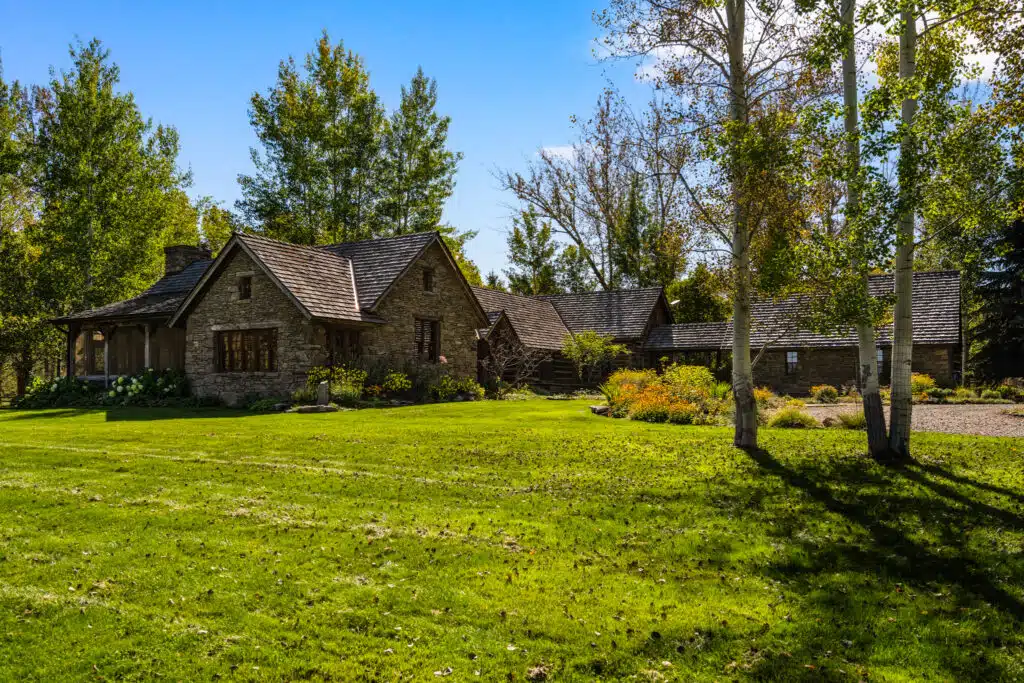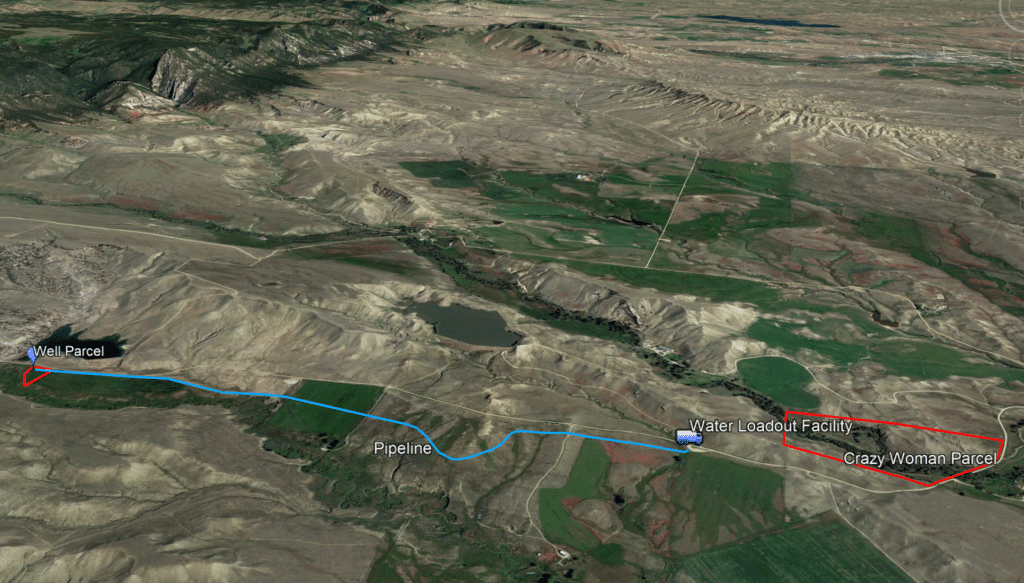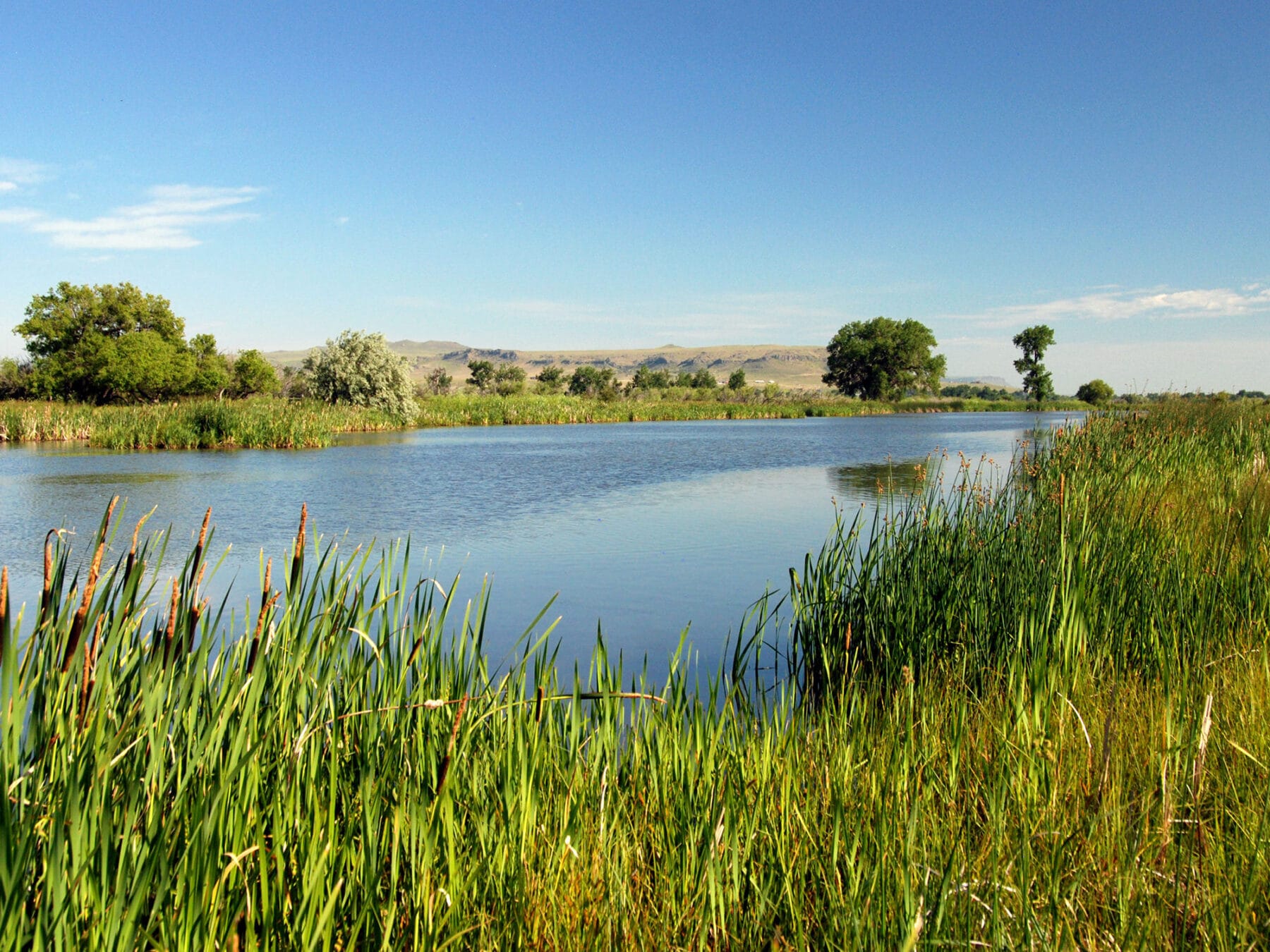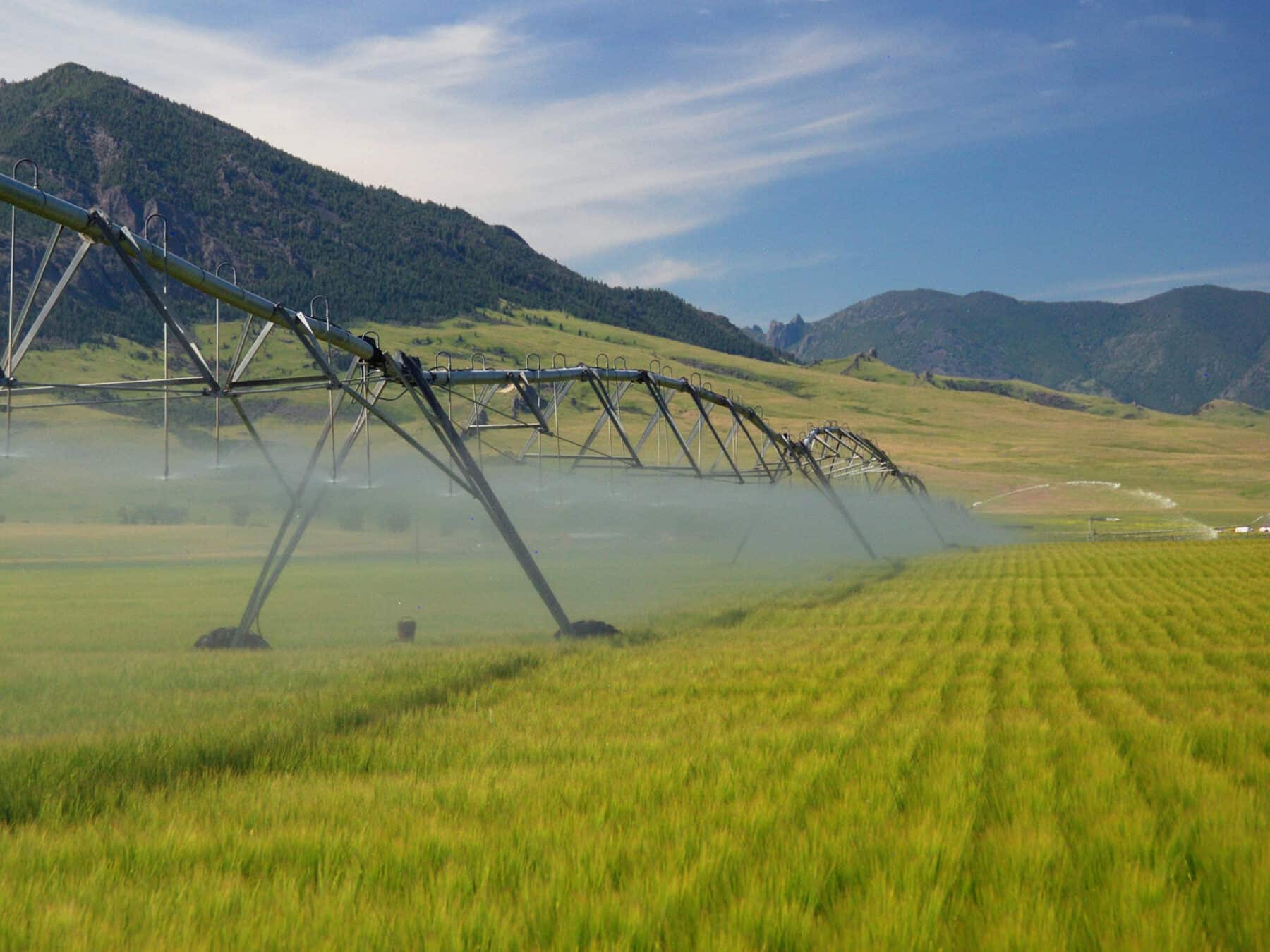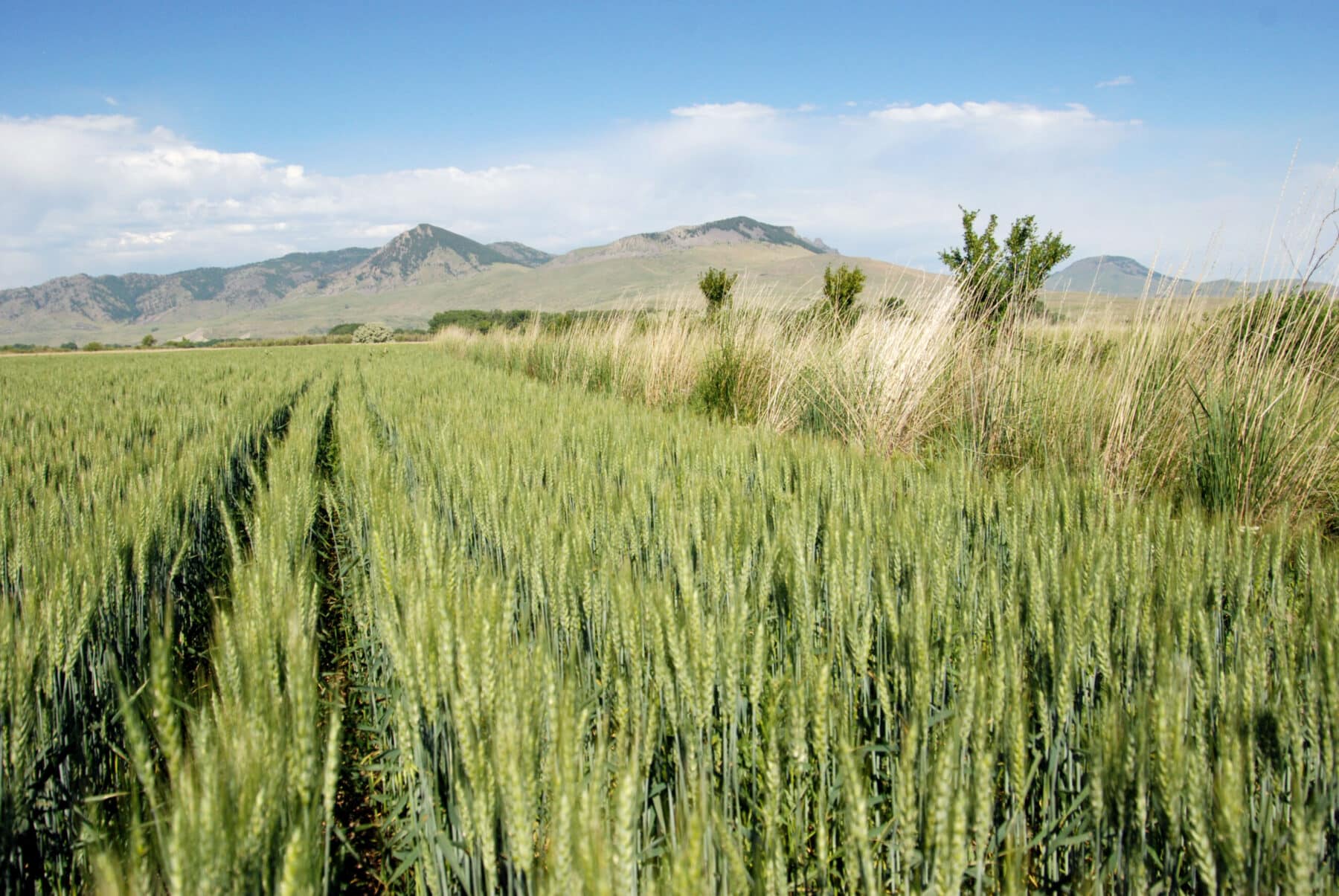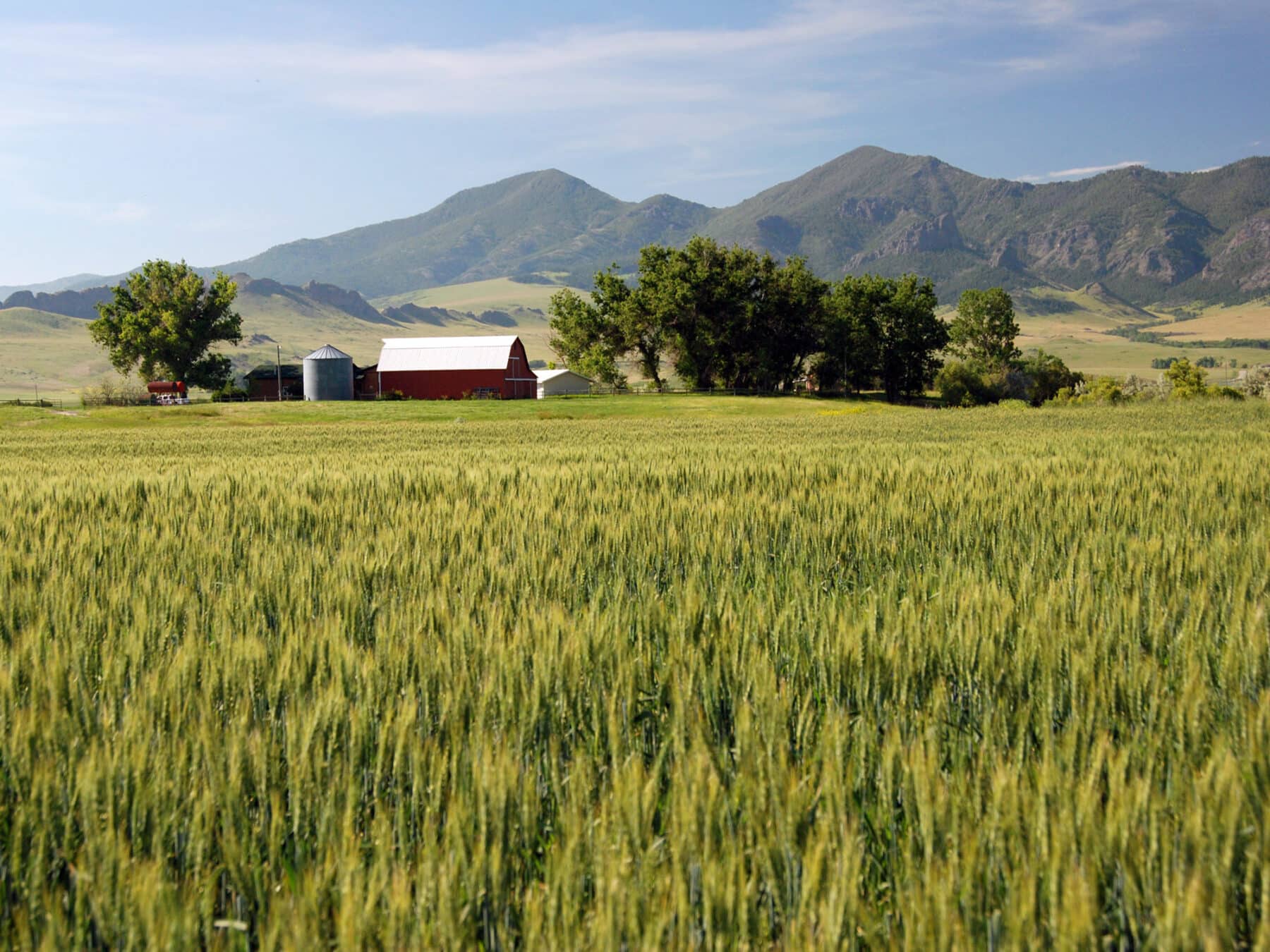High Productivity & Great Hunting
Cascade County
CHESNUT VALLEY FARM
Chesnut Valley Farm contains approximately 1,068 deeded acres and represents an opportunity to own solid irrigated farmland with consistent crop yields and extensive wing-shooting opportunities. Chesnut Valley Farm has been under the careful husbandry of the Belote Family for nearly forty years. Its healthy fields, coupled with abundant natural cover and a surprising amount of water offer excellent wildlife habitat while maintaining the productivity of the existing agricultural operation. The Farm has appropriate and well-maintained improvements, which are ready to utilize or could be further developed and enhanced by the new owner.
The Farm is located in Cascade County’s most traditional agricultural locale and can be maintained as a very productive farming operation due to its abundant water resources and established water rights. With a consistent soil profile and reliable crop yields, the Farm is an attractive commodity-producing hedge against rising inflation. In 2014, the malt barley crop yield averaged 133 bushels per acre!
The Farm’s position in the Pacific Flyway provides abundant populations of ducks and geese. The Pacific Flyway is the major waterfowl migration route through the western United States providing the outdoor enthusiast with exceptional wing-shooting opportunities. Large stretches of year-round open water coupled with productive farm ground provide a major attraction to multitudes of waterfowl as a “rest stop” on their way south in the late fall and upon their return to northern nesting grounds in the spring. Ring-necked pheasants also thrive with the vast food source, abundant water, and dense cover providing ideal nesting habitat and protection from predators.
It is rare when one of Montana’s old-line, seldom-traded farms with prime upland bird, waterfowl, and whitetail habitats becomes available. The Chesnut Valley Farm possesses all of these qualities in abundance.
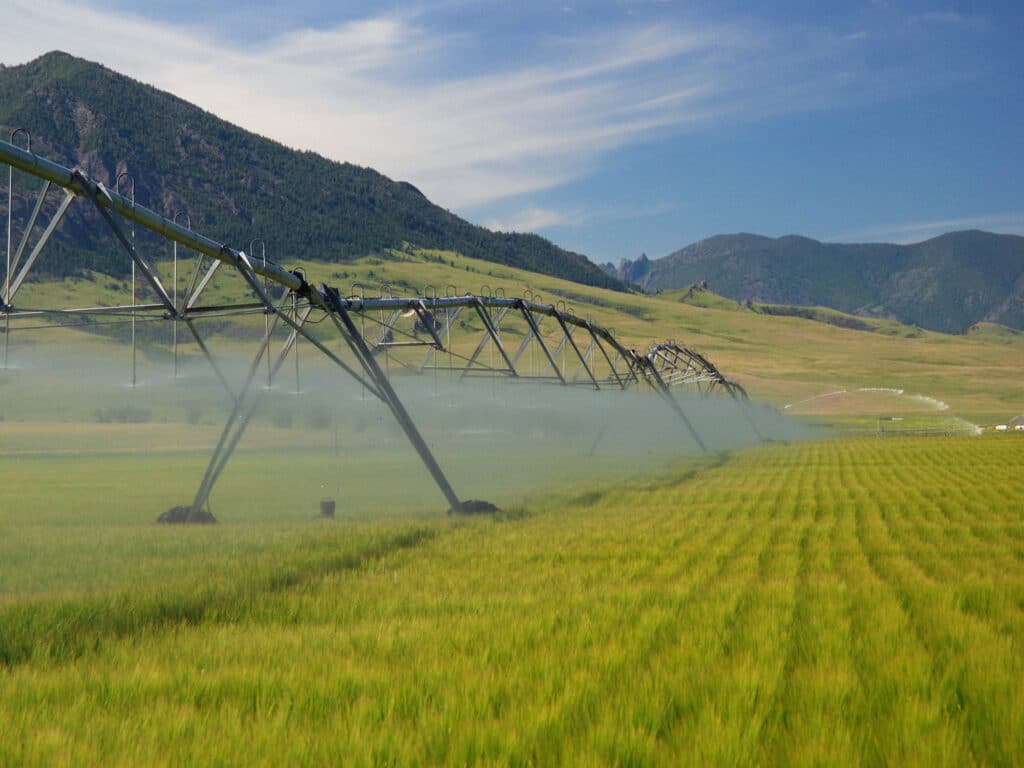
Chesnut Valley Farm is located approximately 3.5 miles southeast of the town of Cascade with excellent access off of Sheep Creek Road. Cascade, a small farming and ranching community on the banks of the Missouri River, has a population of about 685 people. The Cascade Public School – District 3B serves Kindergarten through 12th grade. The high school has about 119 children with a student-teacher ratio of 9:1. The Cascade Badgers compete in the Montana High School Association as a Class C school in athletics.
Great Falls
Great Falls is a convenient 35-minute drive and provides all the services one would expect from a metropolitan city. Known in Montana as the “Electric City,” Great Falls is the commercial and banking hub of north central Montana. With a population of approximately 60,000, Great Falls offers a complete and diverse array of retail, dining, supply, and equipment services. The Great Falls Clinic Medical Center also provides quality health care and surgical services. Malmstrom Air Force Base, located just east of Great Falls, is home to the 341st Missile Wing, one of three U.S. Air Force Bases that maintain and operate the Minuteman III intercontinental ballistic missile.
AIRPORT
Convenient commercial air service is provided at Great Falls International Airport with good connections offered by Allegiant Air, Delta, Frontier, Alaska, and United Airlines. Currently, direct flights are available to Denver, Las Vegas, Minneapolis, Phoenix, Salt Lake City, and Seattle. For up-to-date flight schedules and airport information, please refer to the airport website: www.gtfairport.com. Great Falls International Airport also has two fixed-based operators (FBOs) – Holman Aviation (www.holmanaviation.com) and Front Range Aviation, Inc. (www.frontrangeaviationmt.com).
Approximate distances to other Montana cities and towns are:
|
Cascade |
3.5 miles |
The Farm contains about 1,068 deeded acres classified as follows:
306 Acres Under Center Pivot Irrigation
312 Acres of Dryland Crop
340 Acres of Riparian Bottom and Open Water
100 Acres of Sub Irrigated Pasture
10 Acres Under Improvements
The following pivot irrigation systems utilize water from the Chesnut Valley Canal:
Valley Pivot – Model 4271 30 hp Cornell Pump
This system is a shared system with the neighboring farmer, any expense and maintenance are shared on a 50/50 basis.
Lockwood – Model 2200 40 hp Cornell pump
Lockwood – Model 2200 50 hp Cornell pump
The following crop yields are based on a ten-year average for crop insurance purposes and all are above the Cascade County averages. Because of several drought years in the early 2000s, the ten-year dry-land average has dropped significantly. The Sellers are confident that without these years of drought, the below-stated averages would be significantly higher as demonstrated by the average yields over the past seven to eight years. Historically, the Chesnut Valley Farm small-grain crops have averaged the following yields:
| Continuous Crop Irrigated Spring Wheat Continuous Crop Irrigated Winter Wheat Continuous Crop Dry Land Spring Wheat Continuous Crop Dry Land Winter Wheat Irrigated Barley |
83 Bushels per Acre 80 Bushels per Acre 29 Bushels per Acre 37 Bushels per Acre 88 Bushels per Acre |
In 2014, the Sellers contracted 17,000 bushels of malt barley with Malteurop to be delivered on or around October 1st. The average yield on the 2014 malt barley crop was an impressive 133 bushels per acre! Historically, the Farm has generated solid annual returns that will be attractive to an owner-operator or investors looking to diversify their portfolio.
If a buyer is interested, the current water rights are sufficient to convert existing dryland crop acres and put them under irrigation.
The Farm sits at an average elevation of about 3,375 feet above sea level.
This area is known for its temperate climate, good moisture, and fertile ground. The precipitation in this area averages around 15.83 inches. The growing season is approximately 120 days starting around May 20th. Summer daytime temperatures range from 73 to 85 degrees Fahrenheit from June through September, dropping to about 47 degrees in the evening. Winter daytime temperatures average around 38 to 46 degrees with evening temperatures dipping to around 18 to 26 degrees.
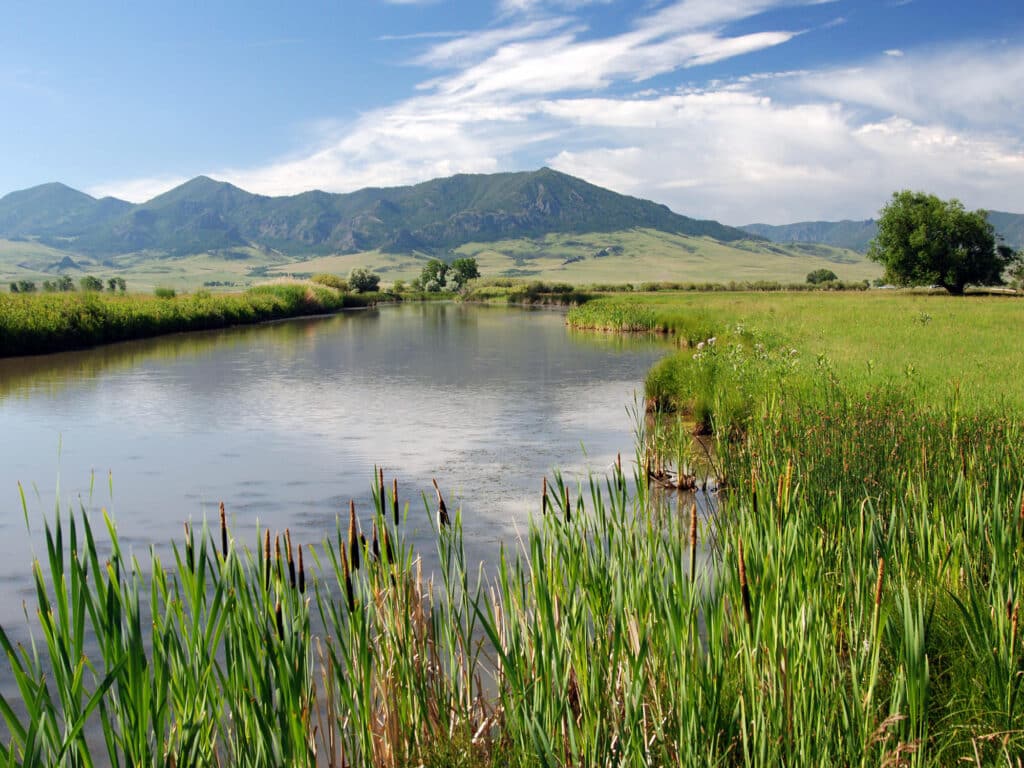
Log Home
The Chesnut Valley Farm features a second home of log construction with a framed addition that was utilized by the Belote family for many years and is now being leased on an annual basis. This lease includes termination provisions should the new owners not be interested in continuing the lease arrangement. The 1,950 square-foot log home has two bedrooms upstairs, one bedroom in the lower level, two bathrooms as well as an unfinished half basement. It is ideally sited to take advantage of the views over the large pond to the west. The pond creates a beautiful and constantly changing backdrop of wildlife and waterfowl viewing. An independent well provides water for domestic use and the underground-sprinkler system for this home is fed from the slough via a separate pump. The home is heated with gas forced-air heat and a wood-pellet stove and utilizes an air-conditioning unit for cooling in the summer. There is a detached 24′ x 30′ garage with two 9′ overhead doors and additional outdoor parking on a concrete pad and the gravel driveway.
Ag Buildings
The numerous well-suited outbuildings that are utilized for agricultural operations are well-maintained and functional.
Barn
38′ x 48′ with frame and pole construction, steel siding, and roof. There is underground electricity and an additional 1,200 SF of loft space. The attached 11′ x 48′ pole barn provides additional storage;
Quonset Shed & Shop
50′ x 96′ all steel construction, 24′ overhead door, concrete floor, and underground electricity. An external hydrant provides water when needed.
Grain Storage
The Farm has the capacity to store 36,000 bushels in bins and an additional 20,000 bushels of flat storage. A breakdown of the grain-storage facilities is as follows:
Five – 24′ diameter x 14′ tall steel bins with concrete floors, built-in unloading systems – 6,000-bushel capacity;
One – 18′ diameter x 16′ tall steel bin with concrete floor – 3,500-bushel capacity;
One – 18′ diameter x 12.5′ tall steel bin with steel floor – 2,500-bushel capacity;
The Quonset serves as additional flat storage space when required – 20,000+/- bushel capacity.
The real estate taxes for 2013 were $6,068.04.
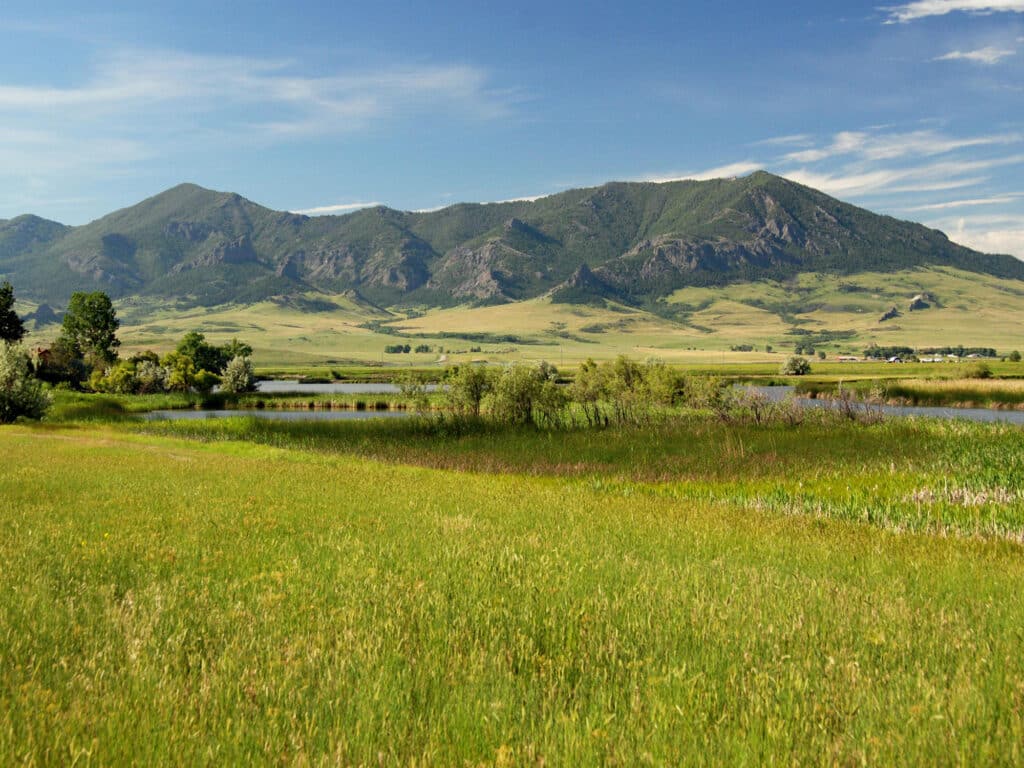
Three-phase electricity is provided by Northwestern Energy. Internet and television service are provided via satellite by Dish Network. The owners utilize Verizon mobile phones, but land-based telephone service is available via Qwest.
Both houses have propane furnaces with individual propane tanks which are leased on a yearly basis by the Sellers through Breen Oil.
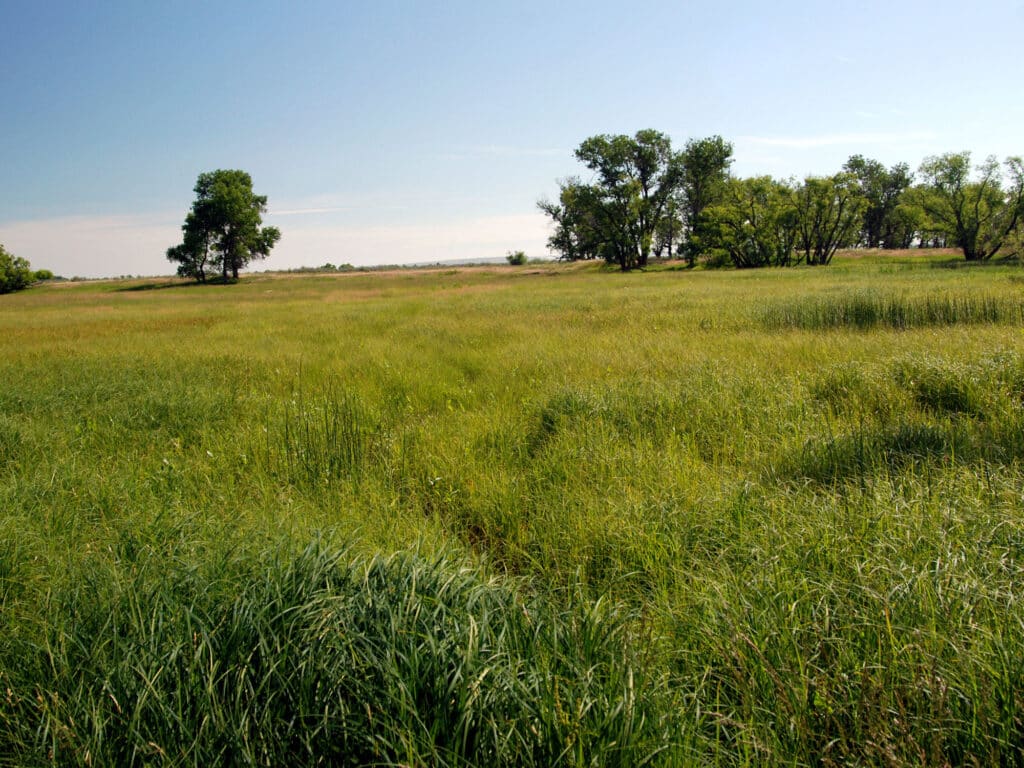
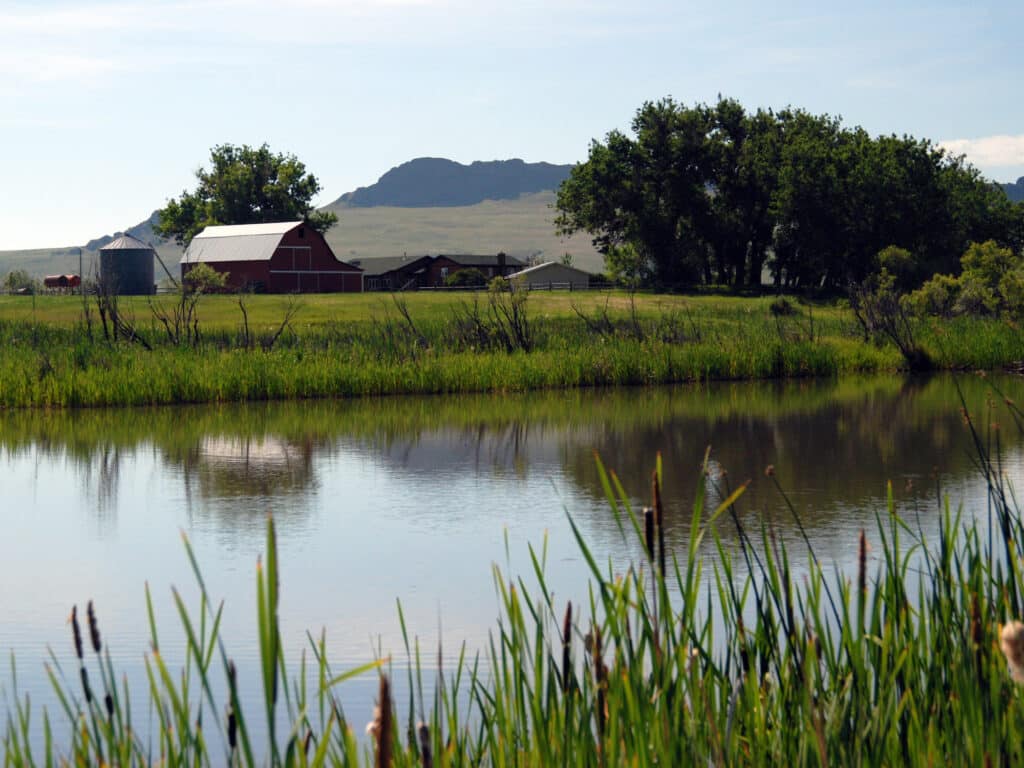
The Sellers will convey with the Farm 50% of whatever mineral, oil, gas, geo-thermal, hydro-carbon and gravel rights which they actually own, subject to reservations by previous owners. The Sellers make no representation as to the quantity or quality of any mineral or other appurtenant subsurface rights.
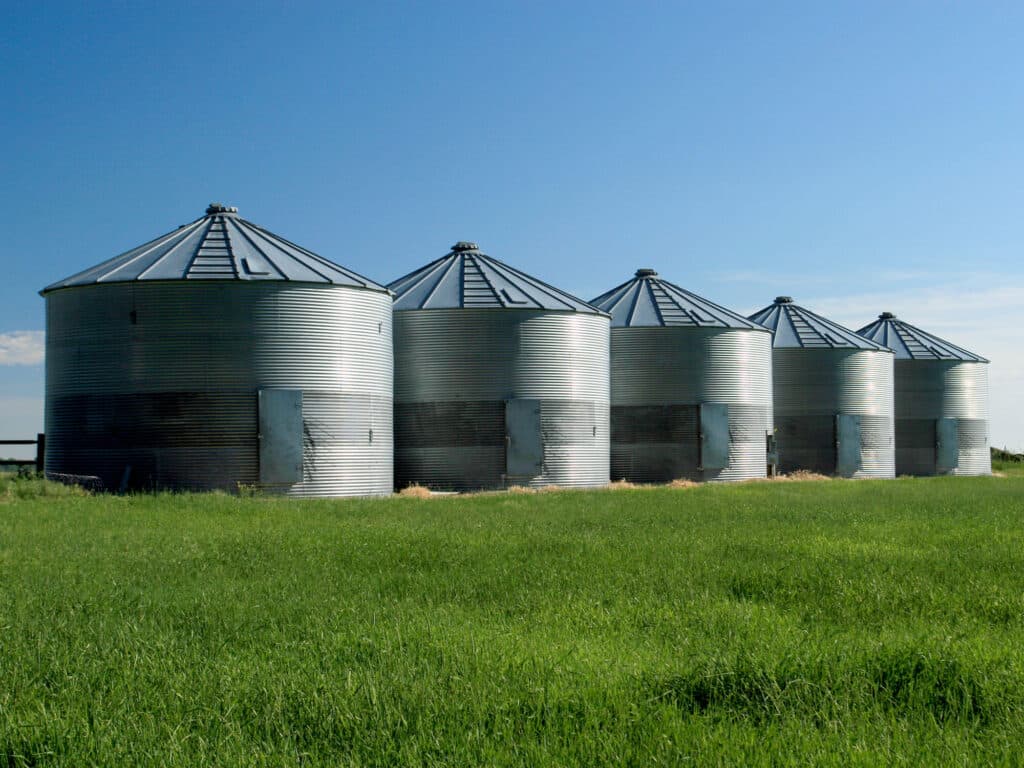
Chesnut Valley Farm and the surrounding area were named after a Confederate soldier from Tennessee, Robert Chesnut. A passionate defender of the Southern cause, he served as a captain of the 6th Texas Cavalry, a.k.a. the Sharp Shooters. After the Civil War ended, Chesnut tried to return to Kentucky, but neither neighbors nor family welcomed him. By 1865, Chesnut arrived in the Montana Territory along the east side of the Missouri River to take up the life of a trapper and hunter. The valley and post office were named for Chesnut, but bureaucracy imposed the name “Chestnut” on both, much to Robert’s displeasure. It was recalled that Chesnut complained, “When you put a t in the middle of my name, you make a nut out of it, and by God, I’m no damn nut!” “Rebel” Chesnut, who left a trail of stories that could extend from Cascade to Great Falls, remained in the Valley until 1901 when he returned east.
Located about five miles southwest of the Farm, Tower Rock, the 424-foot high rock formation was a landmark for native tribes, the Corps of Discovery, fur trappers and traders. The igneous rock formation lies in a 140-acre site along the stretch of the Missouri River. Many Native American tribes used the rock as a landmark when they were entering and leaving the rich buffalo grounds of today’s north central Montana.
Captain Meriwether Lewis noted in his journal “an Indian road enters the mountain at the same place with the river on the Stard side and continues along it’s border under the steep clifts.” Lewis also wrote, “At this place there is a large rock of 400 feet high wich stands immediately in the gap which the Missouri makes on it’s passage from the mountains… This rock I called the tower. It may be ascended with some difficulty nearly to it’s summit and from it there is a most pleasing view of the country we are now about to leave. From it I saw that evening immense herds of buffaloe in the plains below.”
Meriwether Lewis, July 16, 1805.
The Pacific Flyway is one of the continental waterfowl migration routes which runs north and south from Alaska to Patagonia with the more heavily flown lanes situated along principal river valleys tucked between mountain ranges. The route through western Montana is a major wheat-growing region of both Canada and the United States. Chesnut Valley Farm is strategically located in this major Flyway in a classic river valley on the eastern front of the Rocky Mountains. The Farm, with its plentiful water source and tremendous crop yields, provides all the necessary elements to entice multitudes of ducks and geese traveling the Flyway.
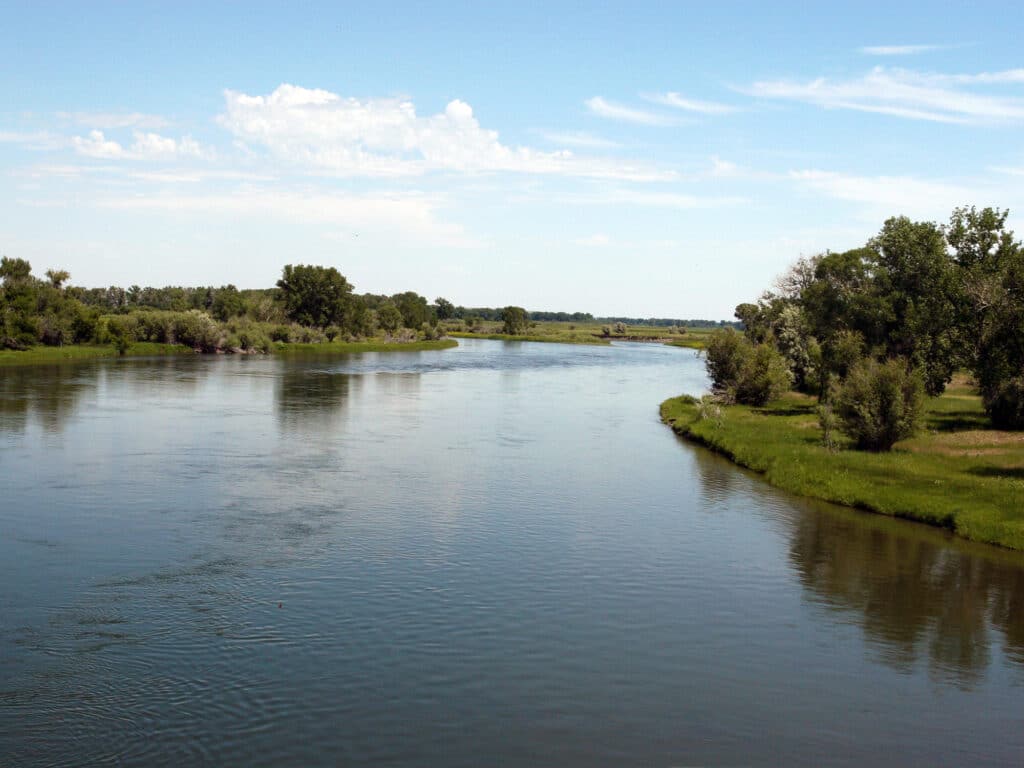
The extensive ponds and wetlands provide attractive habitats for waterfowl, upland birds, and big-game wildlife. There are permanent ground blinds that are well situated to shoot over decoys and take advantage of the massive flocks of waterfowl on the Farm in the fall. The upland- and waterfowl-bird hunting on the Farm has historically been leased on an annual basis. The Farm holds a Private Upland Game Bird Hunting Preserve license which allows for an extended season of upland game-bird hunting from September 1st through March 31st each year. In addition to an abundant amount of wild birds on the Farm, flight-ready ring-necked pheasant and chukars are purchased from a commercial grower in Conrad, Montana, and released in the fall prior to the opening of bird season. In 2012, approximately 400 birds were released; in order to keep the license current, a minimum of 100 birds per year must be released. With the astute habitat- and food-plot development by the current owners, the pheasant and waterfowl populations are thriving.
The Farm is situated in Montana Fish, Wildlife and Parks Hunting District 445. A general deer tag allows hunting of mule deer bucks and either sex whitetail in both the archery and general seasons. The whitetail deer population on the Farm is significant and there are numerous trophy bucks that are harvested annually. Please refer to the FWP website for the most current hunting information.
Fly fishing on the nearby Missouri River is exceptional and recognized worldwide as a premier destination for anglers. The Missouri River, from Holter Dam to Cascade offers world-renowned fishing with over 6,000 fish per mile. Missouri is an ideal river for both wade fishing or in a drift boat, with numerous public access points including several near Cascade. The next owner will enjoy a cornucopia of remarkable recreation including fishing, hunting, hiking, and motor boating on Holter Lake, along with all the amenities of Great Falls readily at hand.

Chesnut Valley Farm is located in Cascade County’s most traditional agricultural locale and can be maintained as a very productive farming operation with abundant water resources. It is rare when one of Montana’s old-line, seldom-traded farms with prime upland-bird, waterfowl, and big-game hunting become available. Chesnut Valley Farm possesses these qualities in abundance and provides an attractive opportunity to combine solid annual revenue with tremendous bird and deer hunting.
Quality farm ground generating consistent crop yields continues to be an attractive hedge against the volatility of the stock and bond market. As global demand for food increases and acreage under agricultural production decreases, Chesnut Valley Farm provides an attractive long-term investment option for the increased global demand for agricultural commodities.
Priced at about $3,500 per deeded acre and inclusive of all improvements, the Farm is a must-see for the investor who has been sitting on the sidelines waiting for a low-overhead, profitable farming operation to come into the marketplace.
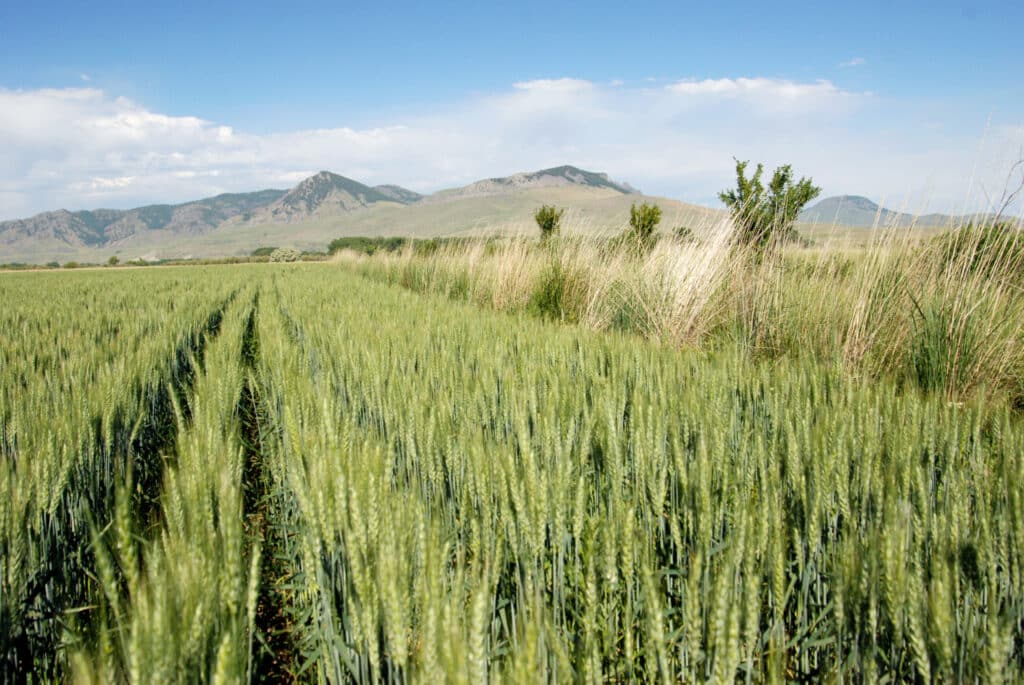

























Please submit your email to receive access to media downloads.
Michael S. Swan

Timothy Anderson

Suggested Properties
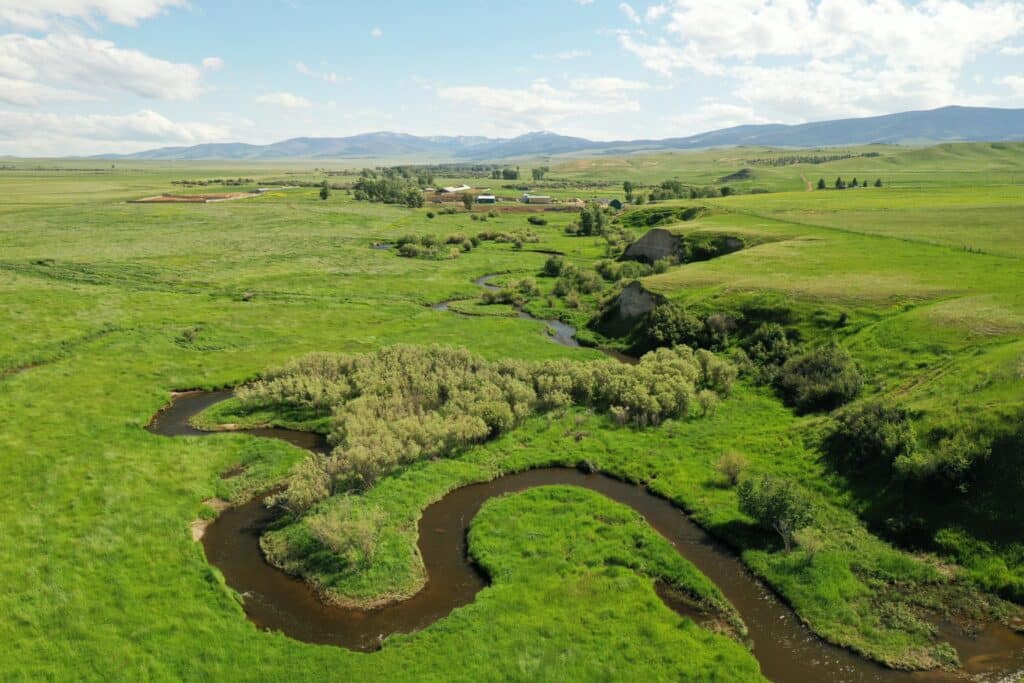

Camas Creek Cattle & Sheep Company
- 36,621 Total
- $58,750,000
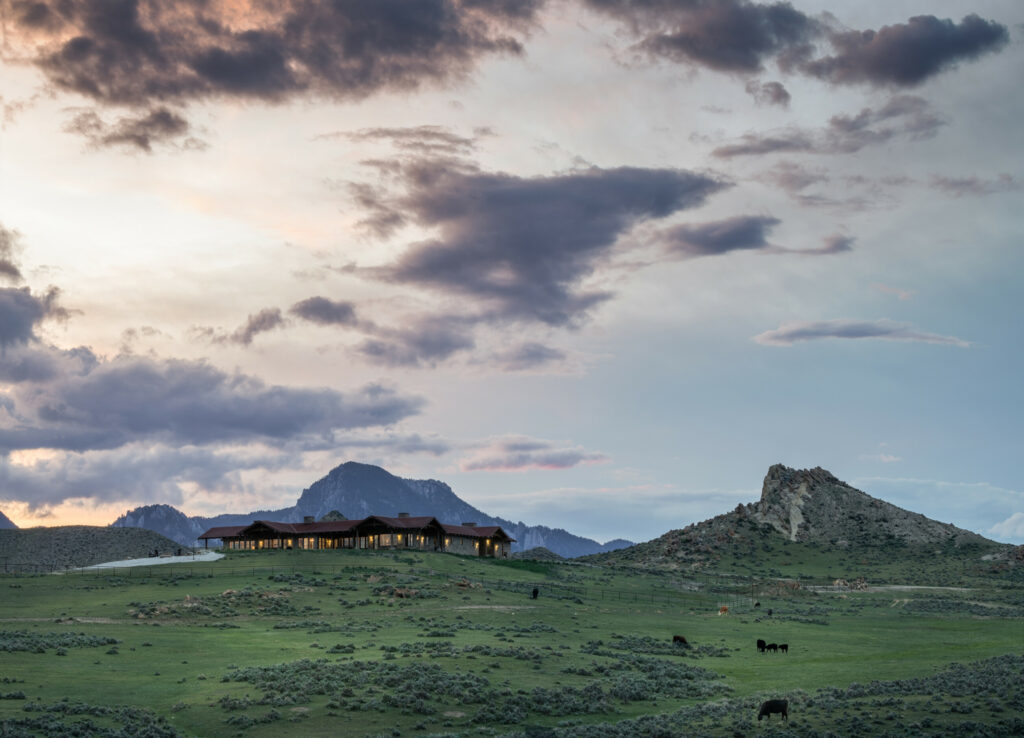

Crazy P Ranch
- 1,749 Total
- $18,500,000
